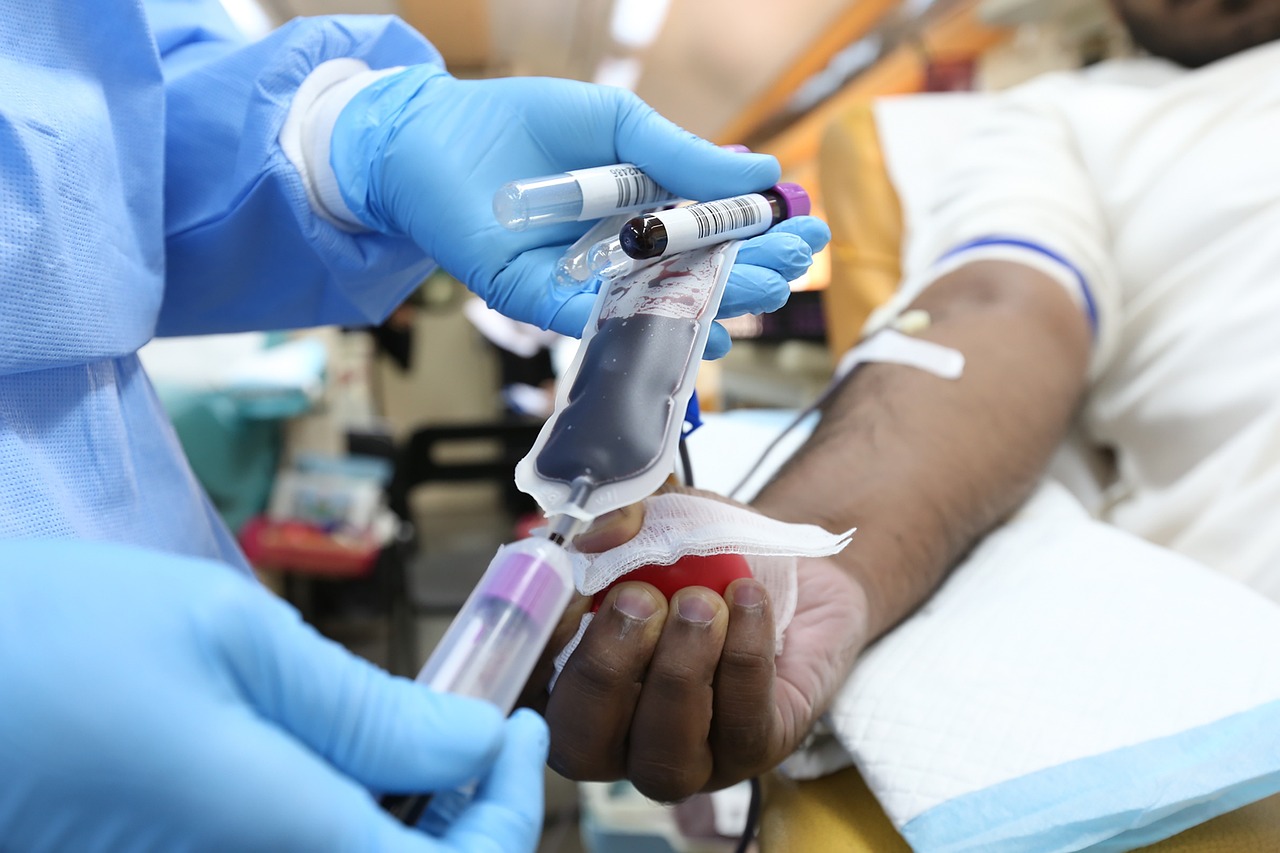Gut bug enzymes can switch our blood to a universally compatible blood group, potentially boosting transfusion stocks
Embargoed until:
Publicly released:
2024-04-30 01:00
A cocktail of enzymes from the gut bacteria Akkermansia muciniphila can convert group A and group B human red blood cells into group O blood, which is universally compatible for everyone, according to Danish and Swedish researchers. Matching blood groups is essential during transfusions because the immune system can reject mismatched blood cells, potentially killing the recipient. Group O blood is universally compatible because it shares structures with both group A and group B blood, but stocks are limited. The scientists identified a combination of enzymes from A. muciniphila that can efficiently convert A and B group red blood cells to group O, and decreased mismatch reactions in tests, particularly for B group blood. The enzyme cocktail could be used to convert red blood cells and increase stocks of universally compatible blood to address shortages, although the authors say more work is needed to improve conversion for group A blood.
Journal/conference: Nature Microbiology
Research: Paper
Organisation/s: Technical University of Denmark, Denmark, Lund University, Sweden
Funder: The study has been funded by a Research Fund Denmark, Technology
and Production Sciences (FTP Project 2 grant no. 0136-00086B) to
M.A.H. with M.L.O. and J.P.M. as co-applicants. Additional funding was
from Research Fund Denmark, Natural Sciences (FNU Project 2 grant
no. 1026-00386B) to M.A.H. and Swedish Research Council (grant no.
2019-01683), the Knut and Alice Wallenberg Foundation (grant no.2020.234) and the Swedish government and county councils (grant
no. ALFSKANE-446521 and 2022-Projekt0287) to M.L.O., and the Novo
Nordic Foundation Interdisciplinary Synergy Programme (grant no.
NNF22OC0077684) to M.A.H. and M.L.O. J.R.H. was supported by a
research and development grant for PhD students from Region Skåne.
Media release
From: Springer Nature
Enzyme mix that can convert blood groups identified
Enzymes found in the gut resident bacteria, Akkermansia muciniphila, that are shown to convert both known and previously not recognized antigens on human red blood cells to make group O blood are described in a paper published in Nature Microbiology. These findings may provide a clinically relevant solution to increase the availability of universally compatible blood.
Red blood cells carry sugar chains, known as glycans, on their surface. These glycans vary between people and their different forms are known as the A, B and O blood groups. Matching blood groups is essential during blood transfusions as the immune system can react to mismatched blood cells and lead to potentially fatal reactions. Group O blood is universally compatible because its sugar structure is shared between all blood groups; however, stocks can be limited. Therefore, strategies to switch A and B group blood to O group blood are needed.
Maher Abou Hachem, Martin L. Olsson and colleagues biochemically screened enzymes produced and used by A. muciniphila to degrade glycans in mucus. They identified a combination of structurally unique enzymes that efficiently converted A and B group red blood cells to group O. These enzymes were also effective against recently discovered extended versions of A and B, and decreased mismatch reactions in tests, particularly for B group conversion.
The authors suggest their findings could be used as a potential tool to treat red blood cells and increase stocks of universally compatible blood to alleviate a clinical problem, but note that more work is needed to improve conversion for group A blood.
Attachments:
Note: Not all attachments are visible to the general public


